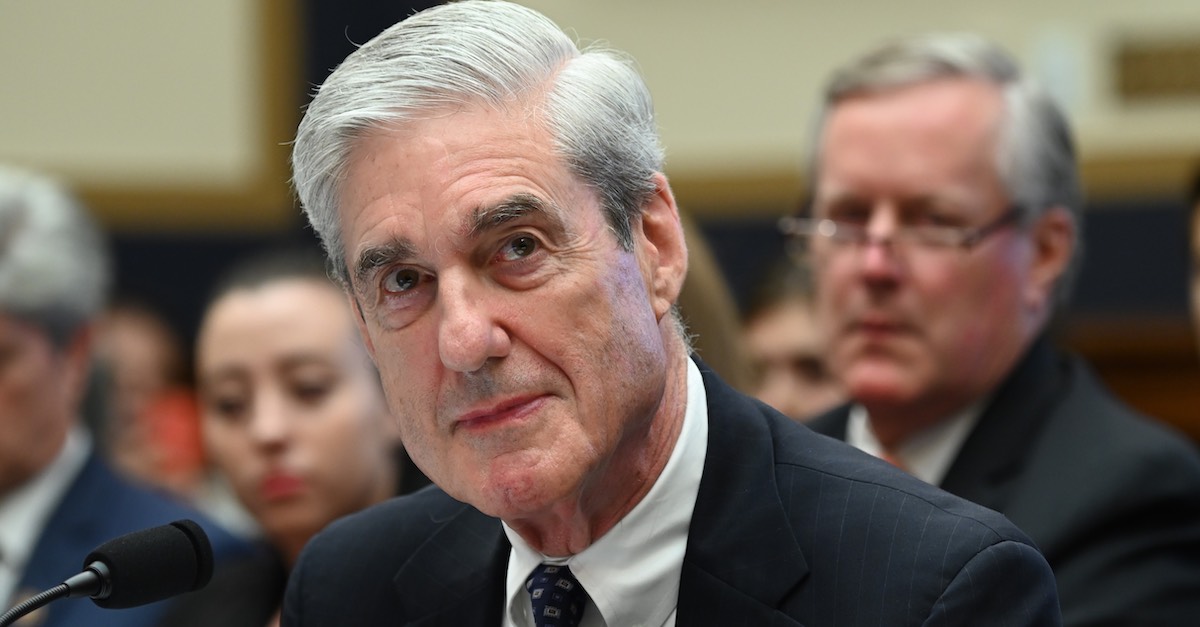
The U.S. Court of Appeals for the Eleventh Circuit on Tuesday will hear oral arguments about grand jury evidence and the secrecy thereof in a decades-old cold case involving the horrific 1946 mob lynching of four black sharecroppers in Georgia that could have significant implications for House Democrats’ impeachment inquiry.
In the summer of 1946 two young black married couples — George Dorsey and Mae Murray Dorsey, and Roger Malcom and Dorothy Malcom — were run off a dirt road by a white mob in Walton County, Georgia, dragged down to a nearby river and summarily executed. The murders drew national attention, leading to the FBI’s first civil rights investigation where more than 100 people testified before a grand jury, according to The Associated Press. While no one was ever indicted, historian and author Anthony Pitch memorialized the atrocity in his 2006 book, “The Last Lynching: How a Gruesome Mass Murder Rocked a Small Georgia Town.”
In the years after his book was published, Pitch learned that the grand jury materials from the FBI investigation, which he thought had been destroyed, were actually in the possession of the National Archives and Records Administration. Pitch filed a petition to have the evidence unsealed, which a federal judge granted in 2017.
The U.S. Department of Justice appealed the decision, arguing that grand jury proceedings and related materials are secret and must be kept as such. A three-judge panel upheld the District Court’s ruling based on a 1984 precedential ruling which carved out a disclosure exception for “exceptional circumstances,” such as cases of “historical significance.” However, a majority of judges on the Eleventh Circuit voted in June to rehear the case in front of the full court to decide if the 1984 precedent should be overturned.
According to Kate Brumback, who’s thoroughly documented the litigation for the AP, prior to Tuesday’s proceedings the Court instructed the attorneys for each side that the case will hinge on whether the court should overturn the exception allowing for the release of grand jury information in cases of exceptional circumstances, as well as whether “historical significance” is an adequate reason for granting the release of otherwise secret grand jury materials.
The Washington, D.C. Circuit Court in April ruled in a similar case that federal courts are not authorized to release grand jury material unless they are explicitly authorized to do so under federal grand jury secrecy rules.
The Eleventh Circuit’s decision on federal courts’ authority to rule on grand jury disclosures could substantially impact Democrats’ requests to access evidence gathered by the grand juries in former special counsel Robert Mueller’s investigation into Russian election meddling. The House Judiciary Committee in July petitioned the Court for Mueller’s grand jury evidence to be released to Congress, arguing that it was necessary to investigate President Donald Trump’s potential abuses of presidential power. Attorney General William Barr has refused to release the evidence, calling the request “unprecedented.”
A split between the Circuit Courts would likely lead to the matter being taken up by the Supreme Court.
[Image via ANDREW CABALLERO-REYNOLDS/AFP/Getty Images]